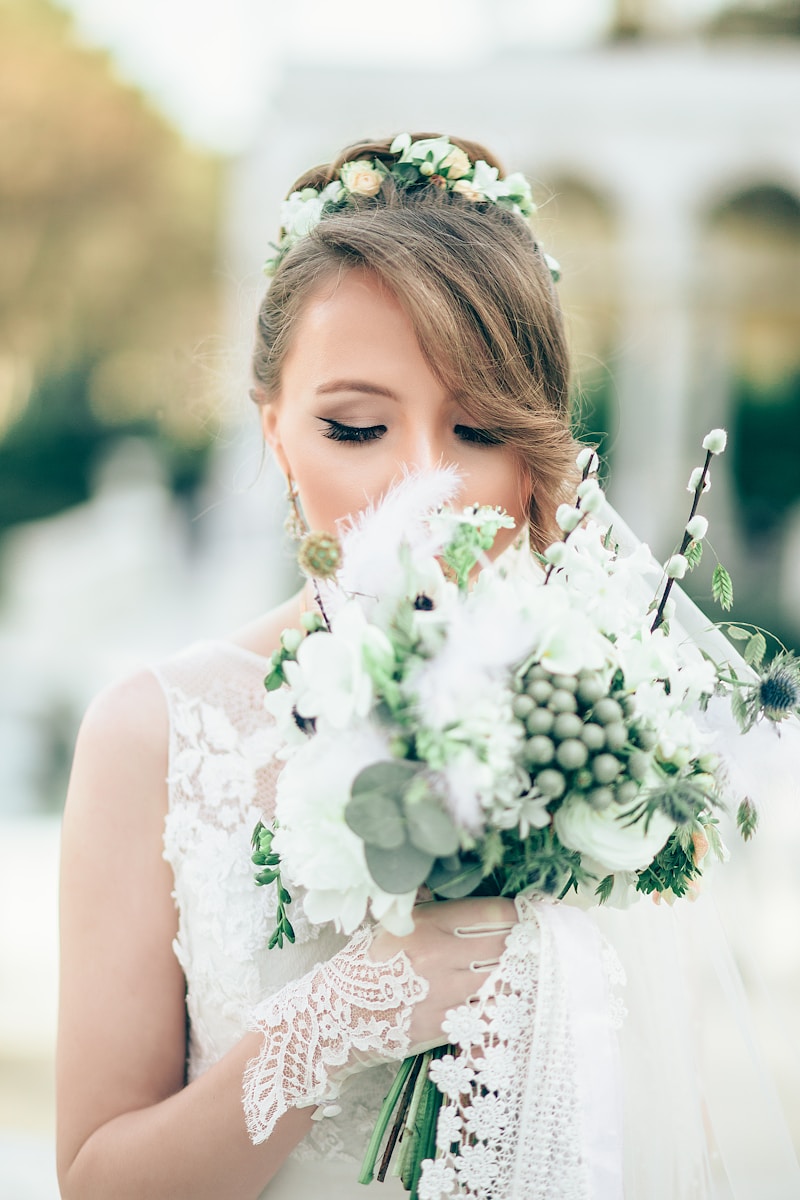Cultural Wedding Elements: A Complete Guide to Traditions Around the World
Weddings are a beautiful embodiment of love, commitment, and cultural expression. Each wedding carries unique cultural wedding elements that reflect the traditions and customs of particular regions. From the attire, rituals, and ceremonies to the symbols and food served, every aspect tells a story rooted in history and societal values. In this comprehensive guide, we will explore the diverse cultural wedding elements across various cultures, giving you insights into how love is celebrated around the globe.
Understanding Cultural Wedding Elements
The term cultural wedding elements encompasses a broad range of practices, decorations, attire, and rituals that are influenced by cultural, religious, and ethnic backgrounds. Each of these elements serves a purpose, whether it’s to invoke blessings, signify personal commitment, or celebrate family heritage.
Popular Cultural Wedding Elements Around the World
As we delve into cultural wedding elements, let’s take a look at some distinct traditions that highlight the richness of cultural diversity.
| Culture | Key Wedding Elements | Significance |
| Indian | Mehndi, Sangeet, Baraat, Seven Circles (Saptapadi) | Rituals celebrating love and unity, blessings from family, and cultural heritage. |
| Chinese | Tea Ceremony, Red Dress, Dragon and Phoenix | Symbolizing prosperity, happiness, and the blending of families. |
| Mexican | Lazo, Mariachi, Hora Loca | Signifying unity, joy, and celebration of cultural identity. |
| Jewish | Chuppah, Ketubah, Breaking of the Glass | Tradition and holiness, commitment between partners, and the fragility of relationships. |
| African | Cowrie Shells, Jumping the Broom, Traditional Songs | Symbolizing wealth, prosperity, and honoring ancestral heritage. |
Detailed Examination of Selected Cultural Wedding Elements
1. Indian Weddings
Indian weddings are known for their grand celebrations and intricate rituals. Mehndi, or henna application, is a significant pre-wedding ceremony where intricate designs are inscribed on the bride's hands and feet, symbolizing joy and emotional well-being. The Sangeet ceremony involves musical performances and dance, fostering family bonding.
During the main ceremony, the Baraat, which is the groom's procession, includes music, dance, and traditionally adorned elephants or horses. One of the most significant rituals is the Saptapadi, where the couple takes seven steps together, each representing a promise and commitment in their married life.
2. Chinese Weddings
In Chinese culture, weddings are a celebration steeped in tradition and symbolism. A critical element is the Tea Ceremony, where the couple serves tea to their parents and family, symbolizing respect and gratitude. The bride often wears a vibrant red dress, representing luck and prosperity, while dragon and phoenix motifs are common, symbolizing harmony and balance in marriage.
3. Mexican Weddings
Mexican weddings incorporate vibrant traditions that celebrate love and family. One of the most recognized elements is the Lazo, a figure-eight shaped rope placed around the couple during the ceremony, symbolizing their union. Live music from a Mariachi band adds liveliness, while Hora Loca becomes a fun part of the reception, encouraging guests to dance and celebrate.
4. Jewish Weddings
Jewish weddings are rich in symbolism and tradition. The Chuppah is a canopy under which the couple stands, representing their new home together. The Ketubah, or marriage contract, outlines the groom's responsibilities and protects the bride. At the conclusion of the ceremony, the groom traditionally breaks a glass, symbolizing the fragility of relationships and the destruction of the Temple in Jerusalem.
5. African Weddings
African weddings are diverse and may include elements that vary greatly from tribe to tribe. Cowrie shells may be used to signify wealth and the bride's value. The Jumping the Broom ritual symbolizes new beginnings, while traditional songs and dances honor ancestors and culture, creating a profound sense of identity and heritage.
Integrating Cultural Wedding Elements into Your Celebration
When planning a wedding, you might want to incorporate several cultural wedding elements that resonate with you and your partner. Here are a few suggestions:
- Choose Your Attire Wisely: Consider wearing an outfit that reflects your cultural heritage. Whether it’s a traditional dress or fusion wear, this choice will add meaning to your celebration.
- Incorporate Traditional Rituals: Identify rituals from various cultures that you would like to include in your ceremony, such as a tea ceremony or a family blessing.
- Menu Planning: Choose a cuisine that reflects either your background or favorite cultural dishes that could make your celebration unique.
- Decorative Styles: Use symbols and colors specific to your cultural background to enhance your wedding decor.
Conclusion: Celebrating Love through Cultural Wedding Elements
Incorporating cultural wedding elements into your wedding day not only honors your heritage but also adds depth and meaning to your celebration. As you navigate through different traditions, reflect on what resonates with you both as individuals and as a couple. Wedding celebrations are about love, commitment, and the joy of coming together, making them the perfect opportunity to blend various cultural elements that reflect personal stories.
As you plan your wedding, consider researching and discussing potential cultural elements that excite you, which could create lasting memories and bring families together. Remember, a wedding is a snapshot of your love story, so make it uniquely yours while celebrating the tapestry of culture and tradition. Whatever you choose, infusing your celebration with traditions from around the world will undoubtedly leave a significant mark on your special day.
